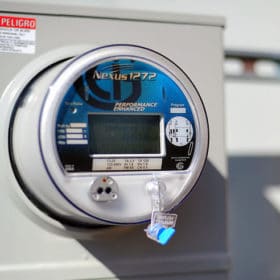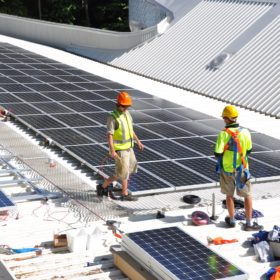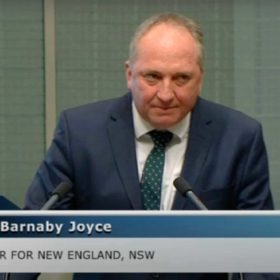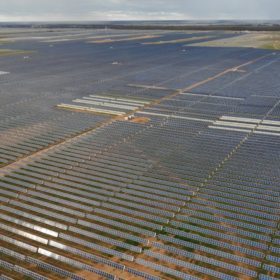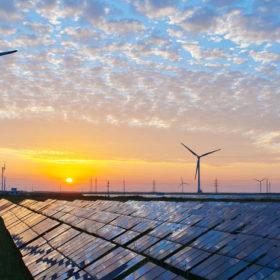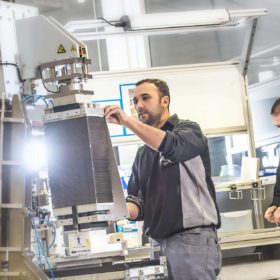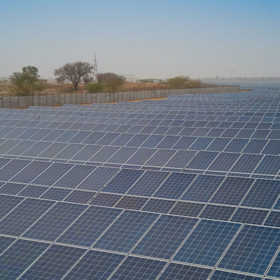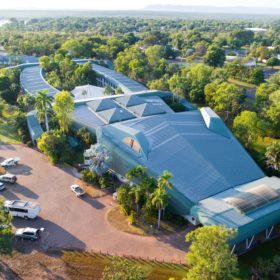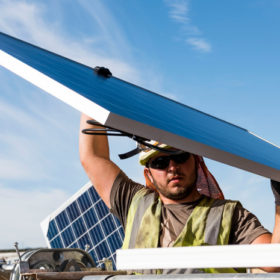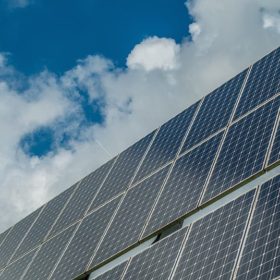Intellihub calls for change to metering services framework
Smart metering services provider Intellihub has outlined a series of targeted reforms – including strengthening testing requirements – in its submission to the Australian Energy Market Commission’s (AEMC) review into the sector’s regulatory framework, cautioning that unless changes are made Australia risks being left behind.
NSW looks to make solar simple for strata-titled buildings
Owners of property in strata-titled buildings in New South Wales will soon find it easier to make the switch to renewable energy with the State Government ushering in changes to laws in a bid to pave the way for easier installation of solar PV, renewable energy storage systems and electric vehicle (EV) charging stations.
Old Mate Barnaby Joyce attempts to hijack CEFC with ‘tedious proposals’
Former leader of The Nations, Barnaby Joyce, has put forward an amendment to the Coalition’s legislation for the Clean Energy Finance Corporation (CEFC) which would allow the $10 billion “green bank” to invest in “high intensity, low emissions coal-fired power.”
Record number of renewables entered grid in 2020, record number joined the queue too
The Australian Energy Market Operator’s second State of the System update, a sort of ‘Around-the-Grounds’ of the National Energy Market, has revealed that 2020 set new records for both number of new projects connected and new megawatts of generation.
1 GW hybrid solar and wind farm to drive WA hydrogen plan
Western Australian-based gold and nickel exploration company Province Resources has announced its intention to enter the renewable energy sector, floating plans to develop a 1 GW wind and solar PV green hydrogen production facility in the state’s north west.
Australian-first hydrogen energy facility for Springfield City
Sydney-based domestic hydrogen electrolyser and storage system manufacturer LAVO has revealed it has signed a memorandum of understanding (MoU) to establish Australia’ s first hydrogen fuel cell production line in Springfield City, a private-sector CBD development in Queensland.
Indian EPC giant builds on presence in Australian market
Indian multinational Sterling and Wilson Solar continues to build its presence in the Australian renewable energy market, announcing this week it has completed the takeover of Western Australian engineering, procurement and construction (EPC) firm GCO Solar.
Solar and storage to take over from uranium mine for Kakadu rejuvenation
The Ranger Uranium Mine, completely enclosed within the World Heritage-listed Kakadu National Park, ceased production in January 2021 after years of financial losses. Now, as part of a multi-million dollar rejuvenation of the Park, a solar and battery storage hybrid project is set for development at the town of Jabiru, a project which will help the town replenish itself as a tourist hub for one of Australia’s greatest treasures.
SA government to swap concession payments for rooftop solar systems
The South Australian government is offering concession holders a free, new solar system in exchange for their concession payments as part of a pilot program.
Installers identified in One Stop Warehouse’s improper STC debacle
One Stop has revealed the names of some of the third parties involved in providing the false information which led to the creation of almost 50,000 improper small-scale technology certificates.
